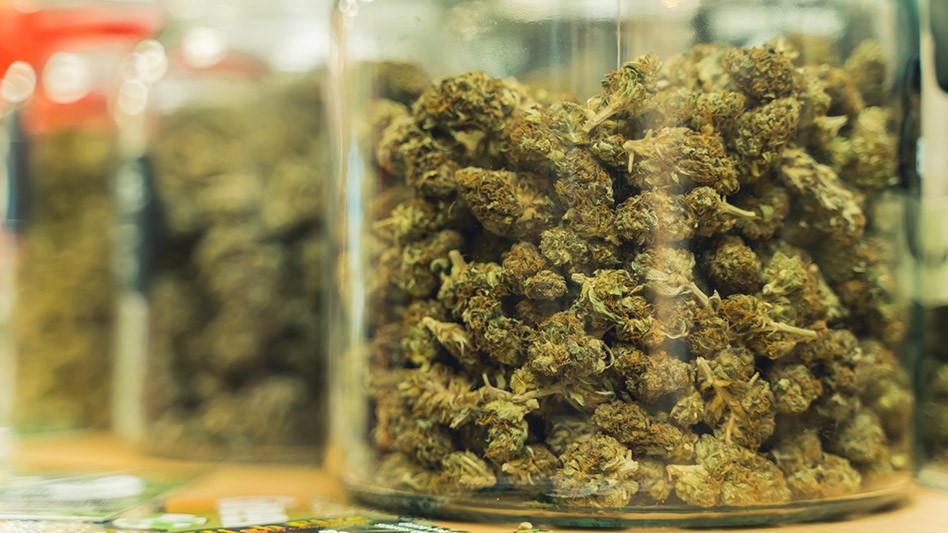Georgia’s Hemp Industry Faces New Regulations
LOS ANGELES- The Georgia Hemp Farming Act, which introduces new age restrictions and regulations for hemp products, took effect on October 1. The law prohibits the sale, purchase, and possession of consumable hemp products for individuals under 21, and mandates licensing for hemp retailers, wholesalers, and manufacturers. These regulations are intended to enhance public safety and improve oversight of the hemp industry.
Governor Brian Kemp, along with Agriculture Commissioner Tyler Harper and Department of Public Safety Commissioner William Hitchens, emphasized the need to protect young people and ensure product quality through stringent enforcement. Businesses violating these new rules face penalties, with law enforcement across the state tasked with overseeing compliance.
The law comes at a challenging time for Georgia’s hemp industry, as many operators, particularly small farmers, grapple with its financial impact. The ban on smokable hemp products, including flower and pre-rolls, which previously accounted for a significant portion of sales, has raised concerns among industry stakeholders. Joe Salome of The Georgia Hemp Co. highlighted the strain on businesses, noting that many consumers may turn to online or illicit markets in response to the restrictions.
Moreover, the new regulations require all consumable hemp products to undergo testing at state-licensed laboratories, with results accessible via QR codes, a move seen as targeting unregulated sales through convenience stores. Some industry insiders, like Ryan Dills of The Georgia Hemp Co., view this as a step toward improving transparency and product quality, though the shift to meet these standards may prove difficult for many smaller businesses.
The Georgia Department of Agriculture has issued a 90-day grace period for compliance, focusing initially on educating the public and businesses. However, the long-term impact on the state’s hemp market remains uncertain, with many operators predicting closures or relocations due to the restrictive nature of the new rules. In the meantime, some businesses are reevaluating their product lines to stay compliant, while others, like Salome and Dills, look to build relationships with out-of-state suppliers to maintain operations.
As the industry adjusts to the new framework, the effects of Hurricane Helene further complicate matters. Many South Georgia hemp farmers, already struggling with the regulatory changes, saw their crops damaged or destroyed by the storm, adding another layer of difficulty for the state’s hemp producers.
These new developments come as Georgia continues to navigate the broader challenges in its hemp and cannabis markets, while balancing regulatory compliance and economic sustainability for its operators.



































